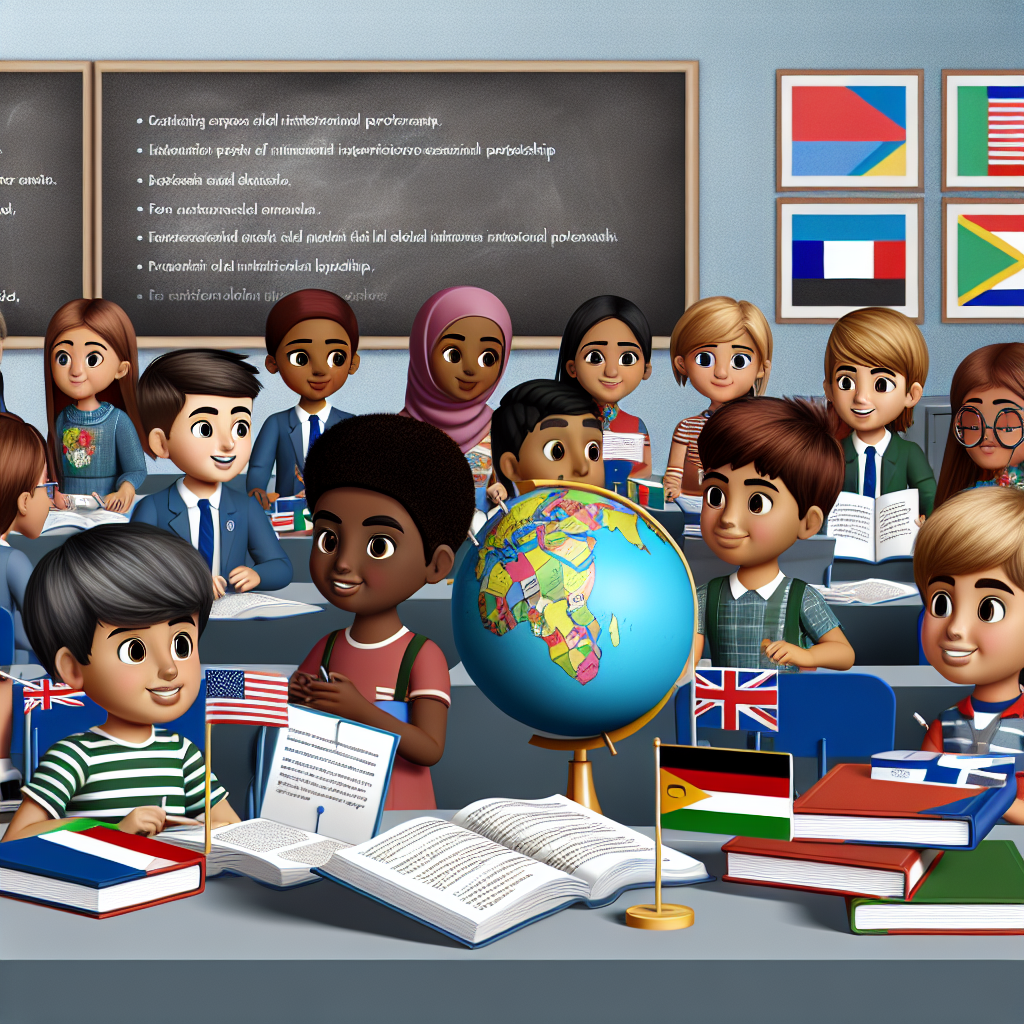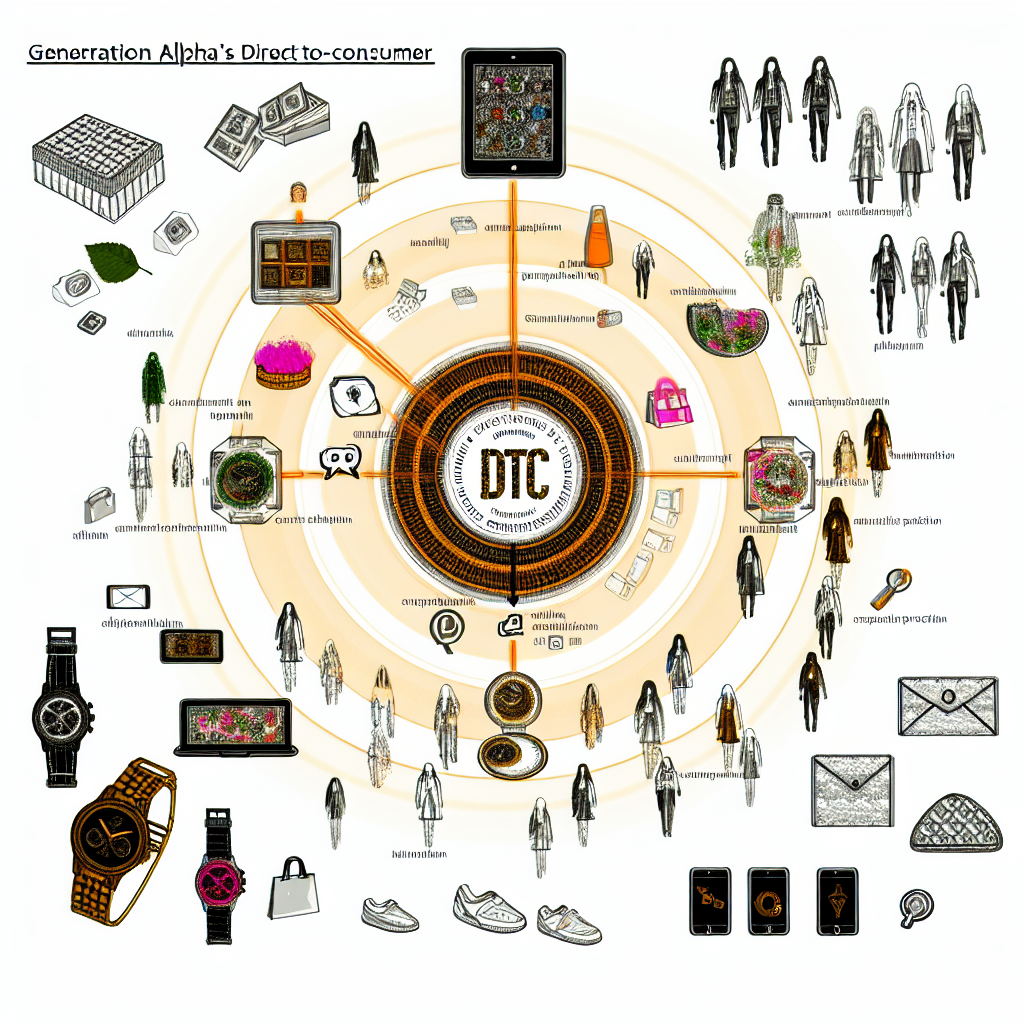International Protocol Training: Preparing Children for Global Leadership
Introduction: Why International Protocol Training Matters
In an increasingly connected and competitive world, raising children with the skills to navigate cross-cultural environments is a crucial investment in their future. For families of means, international protocol training offers an essential foundation, ensuring that their children develop the confidence, etiquette, and diplomatic acumen necessary to thrive in global leadership roles.
International protocol training goes beyond basic etiquette. It encompasses cross-cultural communication, formal dining decorum, official diplomatic behavior, and an understanding of geopolitical relationships. As the world shifts towards globalization and international business expansion, children who are well-versed in global protocols will have a distinct advantage in social, academic, and professional settings.
The Benefits of International Protocol Training Backed by Research
Several studies and authoritative perspectives support the benefits of early etiquette and international protocol training for children, particularly in shaping their cognitive and social development.
A study published in The Journal of Cross-Cultural Psychology highlights that early exposure to diverse cultural norms enhances a child’s social adaptability and cognitive flexibility. Children who engage in cross-cultural etiquette training develop high levels of intercultural competence, allowing them to build international relationships effortlessly.
Moreover, research from Harvard’s Graduate School of Education emphasizes the role of emotional intelligence (EQ) in leadership success. Leaders with strong emotional intelligence are statistically more likely to excel in business negotiations, political arenas, and diplomatic engagements—essential qualities in an increasingly interconnected world.
How International Protocol Training Prepares Future Global Leaders
1. Enhancing Social Adaptability and Poise
Exposure to different cultural norms from a young age allows children to confidently navigate international environments, ensuring they remain polished and composed in any situation.
2. Building Intercultural Communication Skills
Mastering cross-cultural communication helps children form meaningful global connections, reducing the likelihood of misunderstandings in business, diplomacy, and social interactions.
3. Fostering Emotional Intelligence and Leadership Qualities
Emotional intelligence plays a key role in leadership success. Through protocol training, children learn to recognize social cues, practice proper responses, and engage in culturally appropriate interactions.
4. Minimizing Social and Diplomatic Faux Pas
Protocol training provides children with the nuanced skills required to make a positive impression in high-stakes environments, preventing embarrassing missteps that could hinder their future opportunities.
5. Expanding Global Awareness and Competence
Learning about geopolitical relationships, international customs, and diplomatic behavior equips children with the critical thinking skills needed to excel in leadership roles.
Conclusion: Empowering the Next Generation of Leaders
In preparing children for future leadership roles, international protocol training serves as a powerful tool for cultivating cultural awareness, emotional intelligence, and social sophistication. Supported by academic research and expert insights, this structured education empowers young individuals to excel in global environments, establishing them as poised leaders in business, politics, philanthropy, and international relations.
By investing in these programs early, parents of means ensure their children develop the skills needed to navigate the complexities of global interactions with confidence and refinement, securing their place as influential figures of the future.
Summary:
International protocol training equips children with the necessary skills to navigate cross-cultural environments and excel as future global leaders. Through exposure to diverse cultural norms, intercultural communication, and emotional intelligence development, these programs empower young individuals to confidently engage in high-stakes international settings, minimizing social missteps and fostering essential leadership qualities.

Dominic E. is a passionate filmmaker navigating the exciting intersection of art and science. By day, he delves into the complexities of the human body as a full-time medical writer, meticulously translating intricate medical concepts into accessible and engaging narratives. By night, he explores the boundless realm of cinematic storytelling, crafting narratives that evoke emotion and challenge perspectives. Film Student and Full-time Medical Writer for ContentVendor.com




